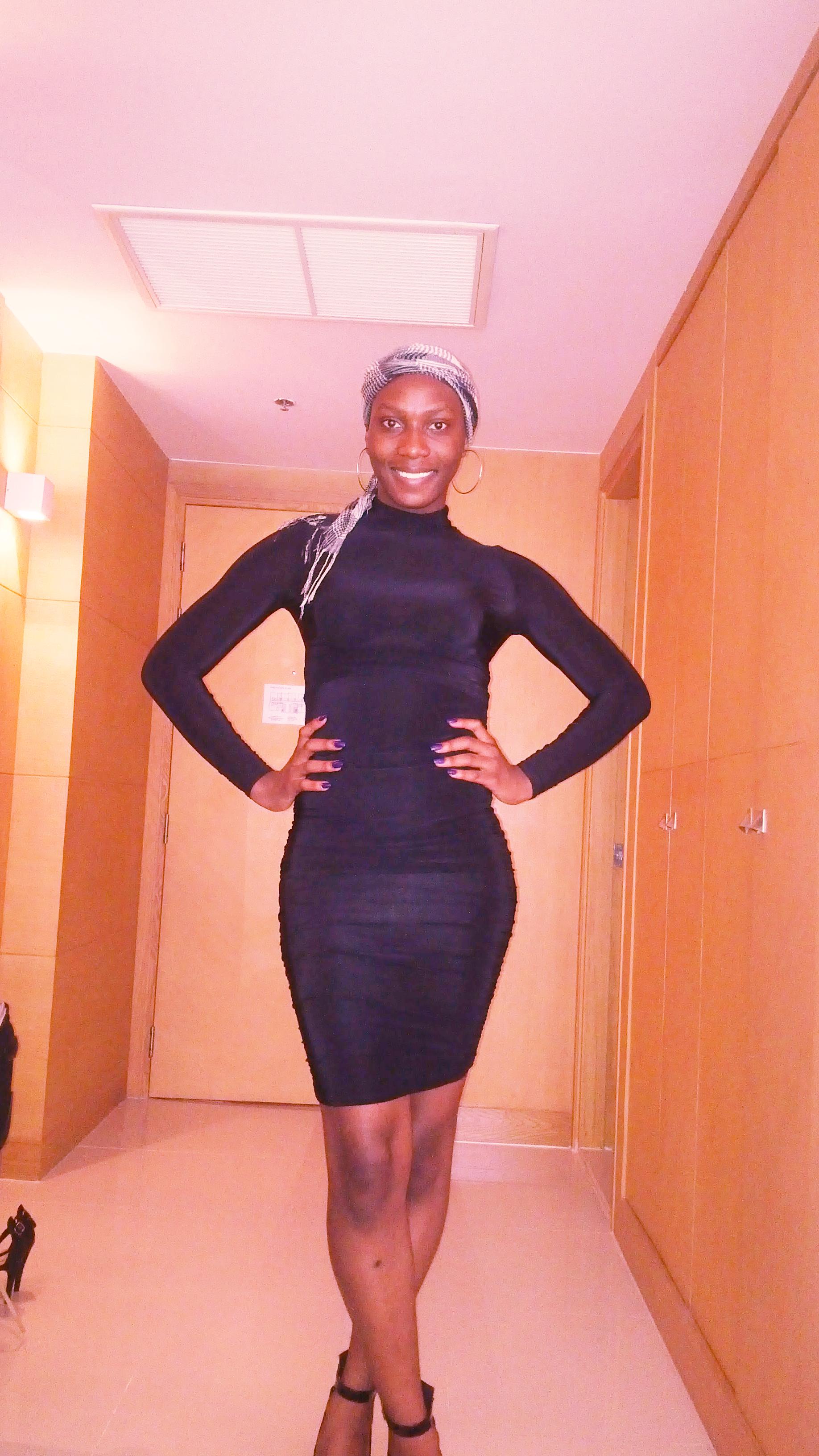Written by Kanyanta Atanya Anakak, Transgender Activist from Zambia
 I grew up for the most part knowing there was nothing different about me until someone pointed it out. Growing up in an average Zambian home was somehow okay for me. When I was younger, no one in my family saw anything wrong with me up until a certain point. My parents—both my mum and dad—knew I was different and knew how to treat me when I was in their space. They received many questions asking why I was different. This wasn’t something easy for them to explain. My mother tried to some extent to make me feel understood in her space because she noticed the grave pain I was in, even though she couldn’t explain it to herself either. She told me God loved me and had his purpose for creating me the way he did. I was one of her hardest pregnancies and so she always told me I was special. As a child with a lot of confusion this gave me a sense of comfort.
I grew up for the most part knowing there was nothing different about me until someone pointed it out. Growing up in an average Zambian home was somehow okay for me. When I was younger, no one in my family saw anything wrong with me up until a certain point. My parents—both my mum and dad—knew I was different and knew how to treat me when I was in their space. They received many questions asking why I was different. This wasn’t something easy for them to explain. My mother tried to some extent to make me feel understood in her space because she noticed the grave pain I was in, even though she couldn’t explain it to herself either. She told me God loved me and had his purpose for creating me the way he did. I was one of her hardest pregnancies and so she always told me I was special. As a child with a lot of confusion this gave me a sense of comfort.
As I grew older at home, I never felt a strong subjection to gender roles. Everything around me was mostly neutral up until puberty, when I found myself conflicted with my gender identity while also battling with my sexuality. Zambian boys prepared to go and pick firewood while the girls assisted the women in the house. Being constantly taunted about where I was supposed to belong left me feeling emotionally vulnerable. To everyone else, I wasn’t purely “African” because of how I chose to express my gender. Old relatives who visited from the village asked me how I would please a woman and have children one day. I constantly heard whispers of family members behind my back asking what went wrong with me, and mostly they referred to me as a generational curse. As a child this left me in an emotionally confusing space.
People categorized me as a gay male while I was still in the process of finding out who I was. I never felt like that on the inside. When I slowly learned more about myself and tried to immerse myself into the gay culture, I realized my issue was different and more complex. I was fortunate to have friends around me who were more knowledgeable about the issue. As they educated me on being transgender, I began to slowly educate myself on who I was. It was hard because I felt alone. Coming out was difficult; I felt hate even from the gay community, which hit me harder than anything else because I felt alienated. It took a lot of strength to pick myself up and survive suicide attempts and the unhealthy sexual lifestyle I led, caused by the emotional pain I was going through. I was fortunate that no severe amount of damage came out of that pain. When I decided to find peace and acceptance within myself I finally knew the feeling of happiness.
During puberty, television was my escape. I watched a show called “Keeping Up with the Kardashians.” Something about what I saw from them helped me escape the pain I was in. Who knew 8 years later that their father would come out as transgender and inspire me? I hated waking up a Zambian because I always thought people in the western world had it easier. As I grew older and knew how to define my identity I found that an African transgender woman of color was no different from an American one. I began to calculate how I would be who I truly am in an African society, and I started planning how I would finally transition. This was the most frustrating step I took because I began to understand the reality that was and is: “transgender” people didn’t exist or weren’t recognized in the Zambian context. This was the birth of who I am as an activist.
